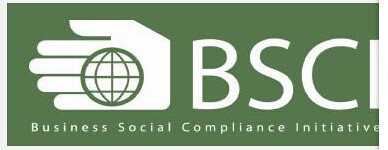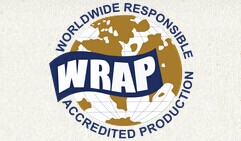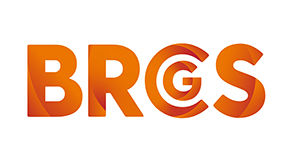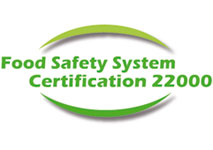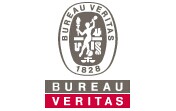GRS/RCS/RWS(Time:2022-02-11 10:14:03)
GRS/RCS/RWS
About GRS
The Global Recycled Standard (GRS) is an international, voluntary, full product standard that sets requirements for third-party certification of Recycled Content, chain of custody, social and environmental practices, and chemical restrictions. The goal of the GRS is to increase use of Recycled materials in products and reduce/eliminate the harm caused by its production.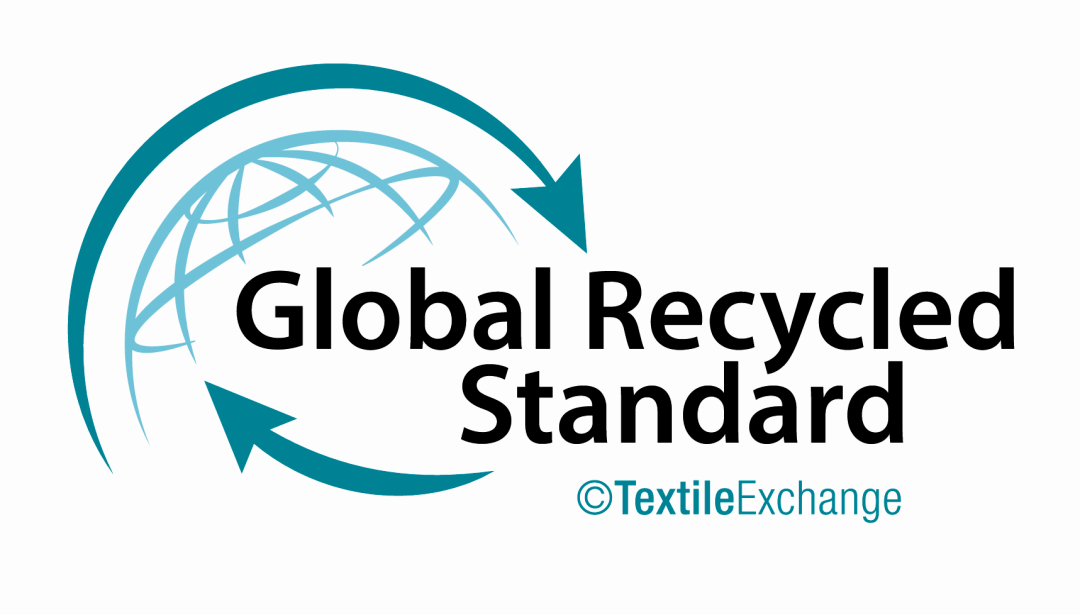 The objectives of the GRS are:
The objectives of the GRS are:
• Alignment of definitions across multiple applications.
• Track and trace Recycled input materials.
• Provide customers (both brands and consumers) with a tool to make informed decisions.
• Reduce harmful impact of production to people and the environment.
• Provide assurance that materials in the final product are actually
Recycled and processed more sustainably.
• Drive innovation in addressing quality issues in the use of Recycled materials.
The Global Recycled Standard is intended for use with any product that contains at least 20% Recycled Material. Each stage of production is required to be certified, beginning at the recycling stage and ending at the last seller in the final business-to-business transaction. Material Collection and Material Concentration sites are subject to self-declaration, document collection, and on-site visits.
What is the Recycled Claim Standard (RCS)?
The Recycled Claim Standard (RCS) is a chain of custody standard to verify and track recycled raw materials through the supply chain. It does not address the use of chemicals or any social or environmental aspects of production beyond the integrity of the recycled material. The RCS uses the chain of custody requirements of the Content Claim Standard (CCS).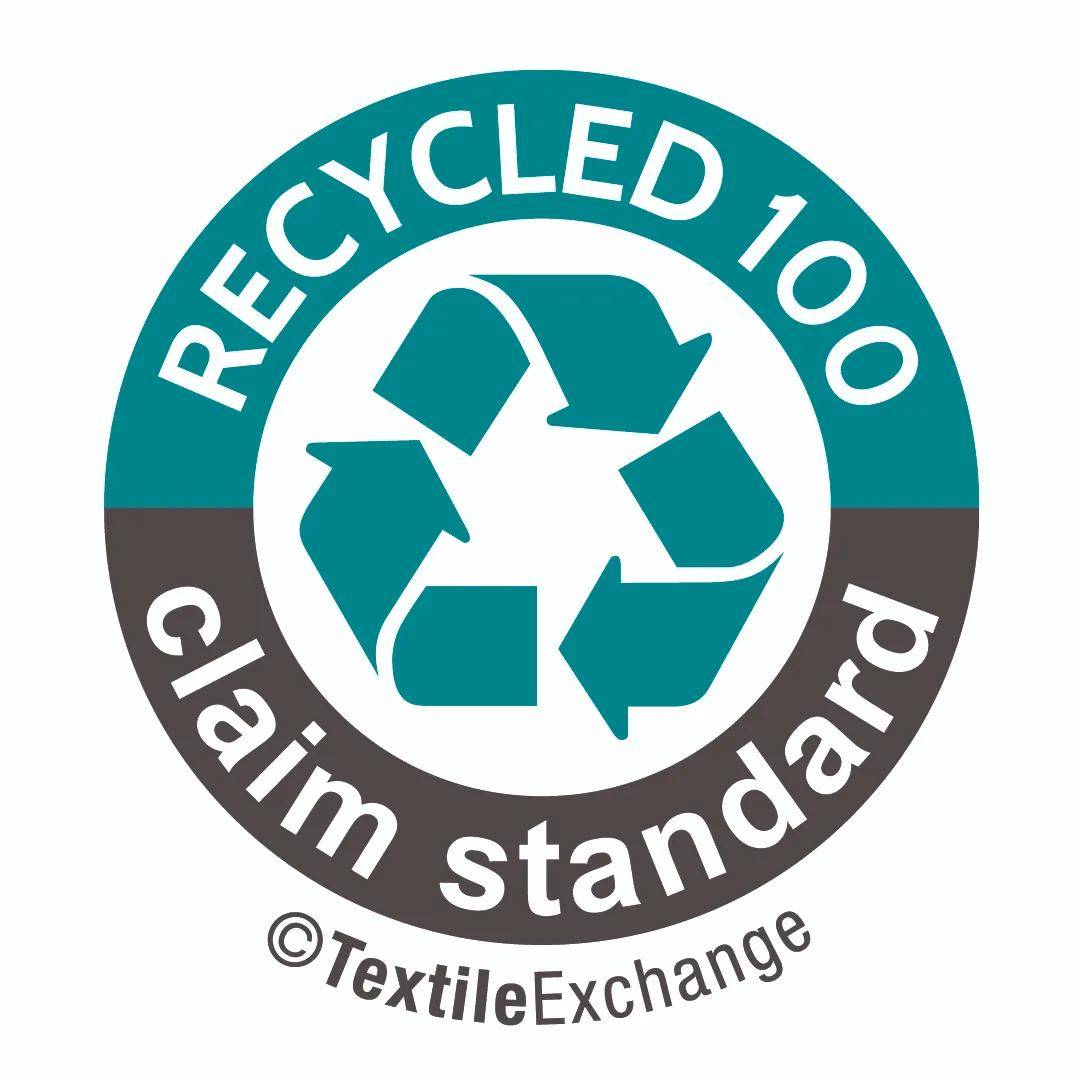 What are the main differences between the Global Recycled Standard (GRS) and the Recycled Claim Standard (RCS)?
What are the main differences between the Global Recycled Standard (GRS) and the Recycled Claim Standard (RCS)?
The RCS and GRS are the same, except that the GRS being a more rigorous standard; in the GRS, there is a higher minimum content percentage (50%) and additional processing requirements that must be met (social, environmental, and chemical).
What is the RWS?
The Responsible Wool Standard is a voluntary standard that addresses the welfare of sheep and the land they graze on.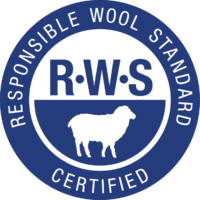
The goals of the Responsible Wool Standard are to provide the industry with the best possible tool to:
• Recognize the best practices of farmers;
• Ensure that wool comes from farms with a progressive approach to managing their land, and from sheep that have been treated responsibly;
• Create an industry benchmark that will drive improvements in animal care and land management and social welfare where needed;
• Provide a robust chain of custody system from farm to final product so that consumers are confident that the wool in the products they choose is truly RWS.
How does the RWS work?
The RWS requires all sites to be certified, beginning with the wool farmers and through to the seller in the final business to business transaction. Usually the last stage to be certified is the garment manufacturer or brand. Retailers (business-to-consumers) are not required to be certified. Farms are certified to the Animal Welfare and Land Management and Social Modules of the RWS. Subsequent stages of the supply chain are certified to the Content Claim Standard requirements. If you wish to be certified to the RWS, you can contact one of the listed Certification Bodies.
If you want to know more, please click following links or contact us
Business supervisor: Daisy Peng
Tel:020-81334717 13535100203
FAX:020-36509289
E-mail:gzzhonghe@126.com
The Global Recycled Standard (GRS) is an international, voluntary, full product standard that sets requirements for third-party certification of Recycled Content, chain of custody, social and environmental practices, and chemical restrictions. The goal of the GRS is to increase use of Recycled materials in products and reduce/eliminate the harm caused by its production.

• Alignment of definitions across multiple applications.
• Track and trace Recycled input materials.
• Provide customers (both brands and consumers) with a tool to make informed decisions.
• Reduce harmful impact of production to people and the environment.
• Provide assurance that materials in the final product are actually
Recycled and processed more sustainably.
• Drive innovation in addressing quality issues in the use of Recycled materials.
The Global Recycled Standard is intended for use with any product that contains at least 20% Recycled Material. Each stage of production is required to be certified, beginning at the recycling stage and ending at the last seller in the final business-to-business transaction. Material Collection and Material Concentration sites are subject to self-declaration, document collection, and on-site visits.
What is the Recycled Claim Standard (RCS)?
The Recycled Claim Standard (RCS) is a chain of custody standard to verify and track recycled raw materials through the supply chain. It does not address the use of chemicals or any social or environmental aspects of production beyond the integrity of the recycled material. The RCS uses the chain of custody requirements of the Content Claim Standard (CCS).

The RCS and GRS are the same, except that the GRS being a more rigorous standard; in the GRS, there is a higher minimum content percentage (50%) and additional processing requirements that must be met (social, environmental, and chemical).
What is the RWS?
The Responsible Wool Standard is a voluntary standard that addresses the welfare of sheep and the land they graze on.

The goals of the Responsible Wool Standard are to provide the industry with the best possible tool to:
• Recognize the best practices of farmers;
• Ensure that wool comes from farms with a progressive approach to managing their land, and from sheep that have been treated responsibly;
• Create an industry benchmark that will drive improvements in animal care and land management and social welfare where needed;
• Provide a robust chain of custody system from farm to final product so that consumers are confident that the wool in the products they choose is truly RWS.
How does the RWS work?
The RWS requires all sites to be certified, beginning with the wool farmers and through to the seller in the final business to business transaction. Usually the last stage to be certified is the garment manufacturer or brand. Retailers (business-to-consumers) are not required to be certified. Farms are certified to the Animal Welfare and Land Management and Social Modules of the RWS. Subsequent stages of the supply chain are certified to the Content Claim Standard requirements. If you wish to be certified to the RWS, you can contact one of the listed Certification Bodies.
If you want to know more, please click following links or contact us
Business supervisor: Daisy Peng
Tel:020-81334717 13535100203
FAX:020-36509289
E-mail:gzzhonghe@126.com


